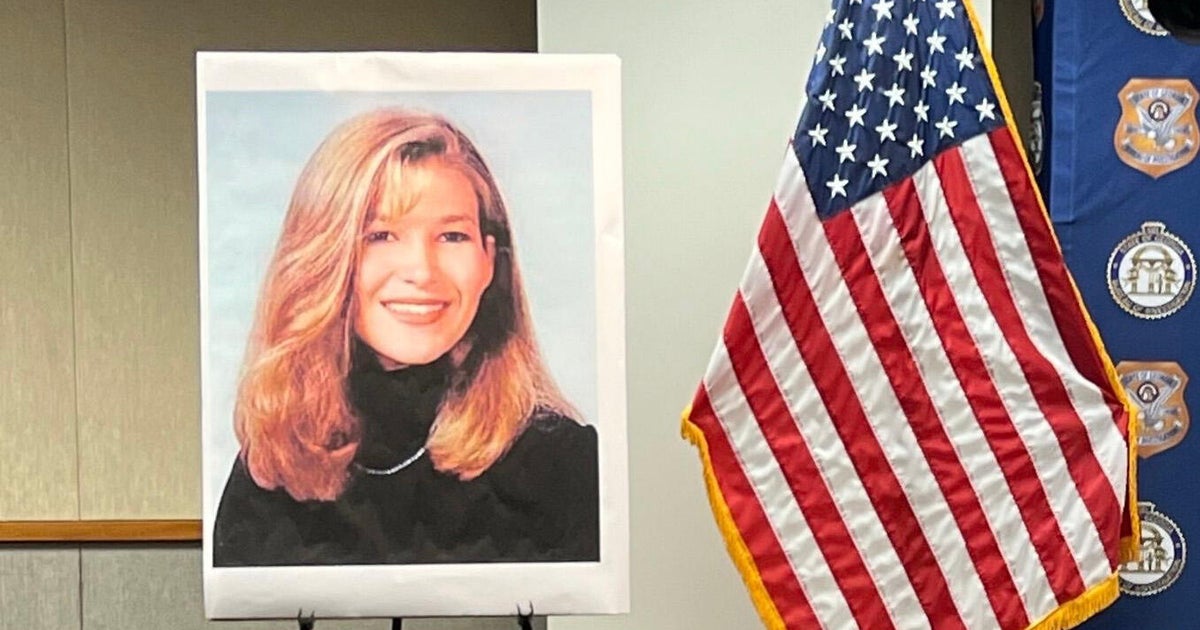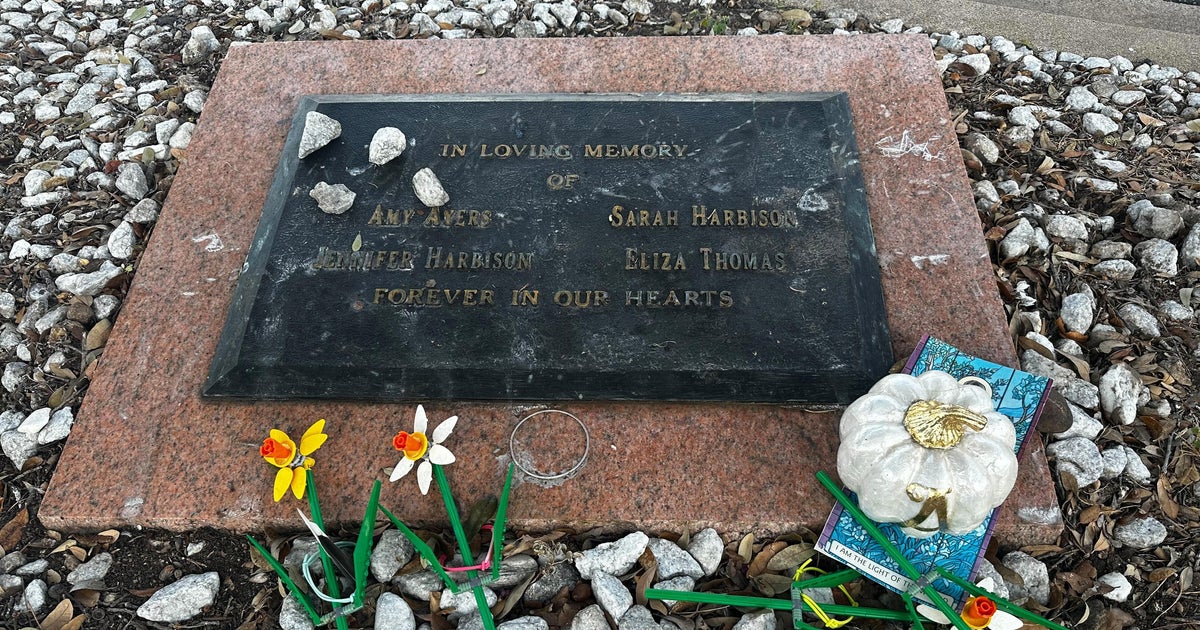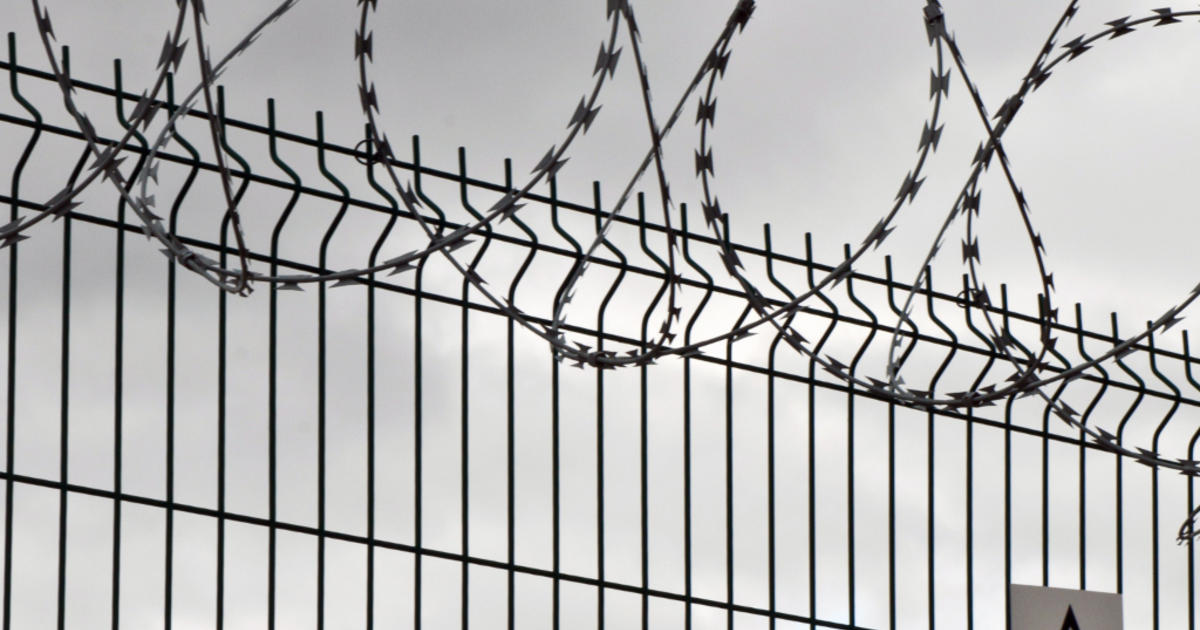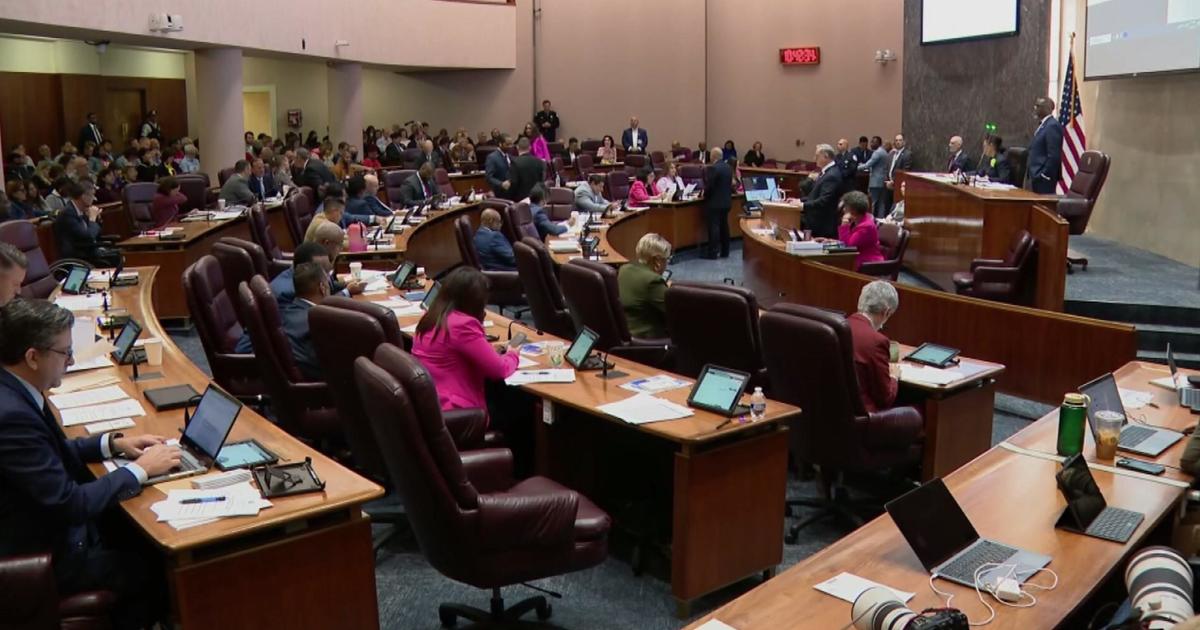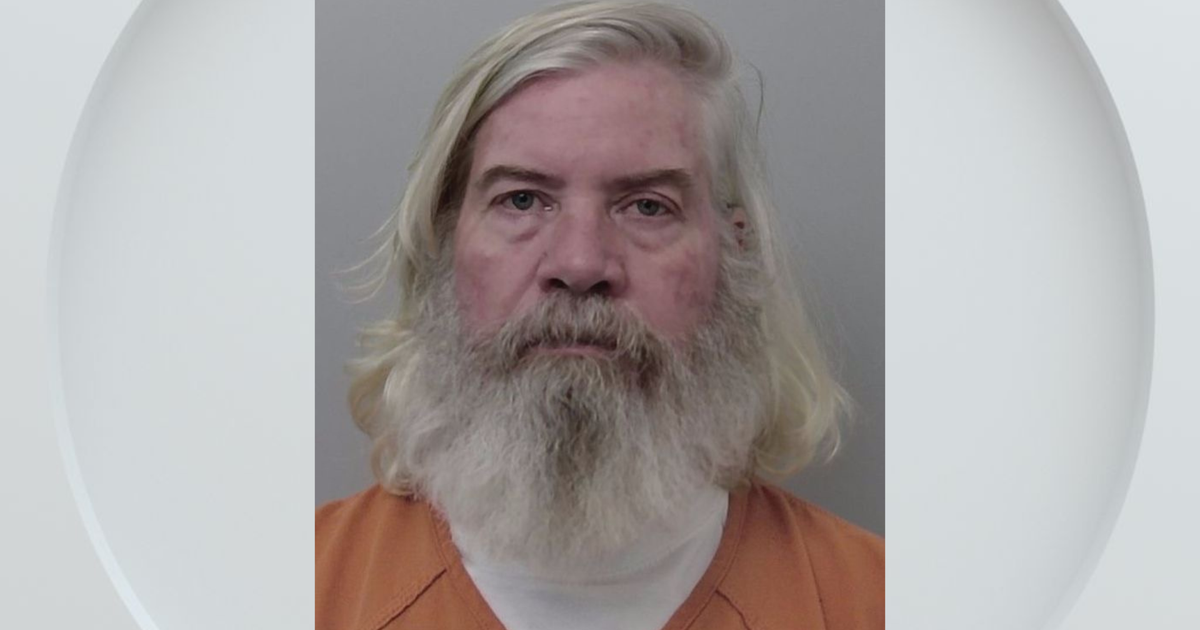Judge Overturns Downriver Doctor's Murder Conviction
DETROIT (WWJ) - A federal judge has overturned the murder conviction of a Trenton doctor serving a life sentence in the 1983 slaying of his business partner and former lover.
In a ruling dated July 31, U.S. District Judge Marianne Battani said Dr. Jasubhai Desai's 2001 conviction was flawed because Wayne County prosecutors relied on codefendant's Stephen Adams' purported confession to link him to the strangulation slaying of Turetzky.
The decision marks the fourth time the murder charge has been dismissed or overturned. Prosecutors reinstated the charge or conviction in three earlier rulings.
Desai, now 70-years-old, had been convicted of first-degree murder in 2001, 18 years after the death of 46-year-old Ann Marie Turetzky, his partner in two Downriver-area medical clinics.
The two began working together in the 1970s and soon, a business partnership turned into a romantic relationship. Yet, by the early 1980s, the affair and partnership started to fray. Disagreements about money, authority and questionable billing practices began to tear the two apart.
According to court testimony, former employees said the two argued often, sometimes resulting in physical altercations. Turetzky's children told the court their mother said once that if anything happened to her, Desai would be behind it.
In the early fall of 1982, Desai and Turetzky officially agreed to split their businesses; she would get the clinic in Trenton and he would take the clinic in Monroe. They even took out a $1.25-million insurance policy covering each other's interest in the clinics.
Turetzky's children said they last saw their mother on Nov. 3, 1983, when she headed to the Best Western Motel in Woodhaven for a meeting with Desai.
Turetzky's body was found four days later, on Nov. 7, in the front seat of her blue Cadillac in the motel's parking lot just off I-75.
According to police records, Turetzky had been manually strangled. She also had scratches under her eyes, marks under her chin and on her hands, bruising on her neck and dried blood on her mouth.
Years passed before investigators learned Adams, Desai's former medical assistant, allegedly confessed to killing Turetzky.
Court records show Adams allegedly told Lawrence Gorski, who was considered a possible suspect, that he killed Turetzky at Desai's direction.
Battani wrote in a court filing that the alleged confession "took place between two toilet stalls inside the men's bathroom of a bar" in early December 1983.
In 1995, murder and conspiracy charges in connection with Turetzky's death were announced against Desai and Adams. Then in 1997, a Wayne County Circuit Judge dismissed the charges, saying that prosecutors waited too long.
Over the next few years, the case went back and forth between state and federal courts before Desai and Adams finally stood trial in 2001.
The trial, with separate juries for Desai and Adams, went on for weeks and the results were mixed. After a month of trial, Adams' jury deadlocked with no verdict. Desai's panel convicted him of first-degree murder and he was given the mandatory sentence of life in prison without parole.
"Here, the crucial, dispositive piece of evidence against (Desai) was exceptionally weak: It consisted only of codefendant Adams' wholly unreliable hearsay confession," Battani wrote in her most recent court filing.
Months after Desai was sentenced, Adams pleaded no contest to solicitation to do great bodily harm and got 10 months in jail with five years of probation.
After sentencing, Desai's legal team went to work trying to appeal the court's decision. In 2007, Battani granted Desai's appeal, ruling the use of Adams' confession violated Desai's right to a fair trial. Desai was freed on bond and prosecutors decided not to retry him. Instead, they appealed Battani's decision.
Federal appellate judges overturned Battani, saying that Desai had not exhausted all his state appeals before going into federal court. Desai was ordered back to jail and his case careened through state and federal courts, through appeal after appeal, ever since.
The case ended up on Battani's desk again in early 2012. She issued her 40-page decision on July 31, saying Desai must be released from prison unless county prosecutors take him to trial within 90 days.
However, both prosecution and defense attorneys said the decision is the start of another leg in the unprecedented legal marathon.
The Michigan Attorney General's Office said it will challenge Battani's ruling. Desai's lawyers said they'll ask for his release from prison on bond during the appeals.


